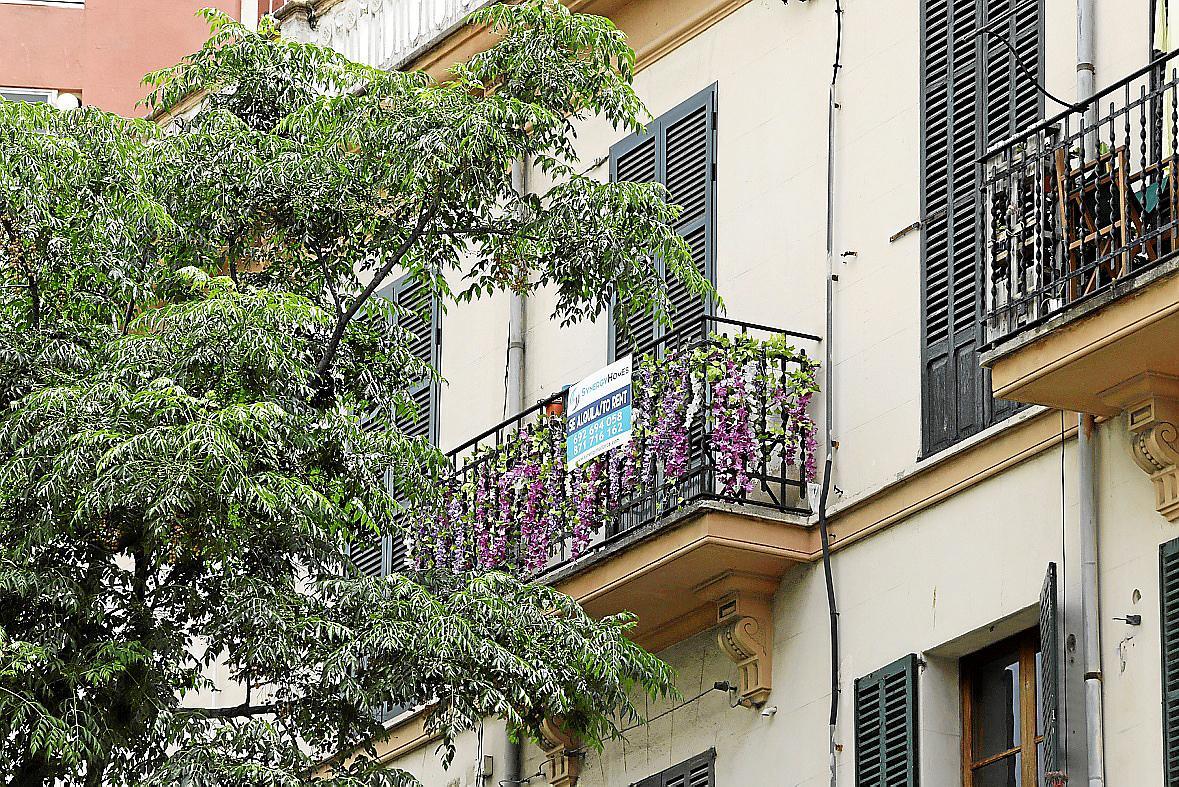The increase corresponds with the worst months of the coronavirus crisis. In April and May last year, there was an average of 63.5 cases per month. This year, the figure was 150.
Financial assistance provided by the office therefore went up. In March, the total was 11,694 euros, of which 5,683 euros were for unpaid rent. In April, this increased to 35,802 euros, with 32,847 euros having been for rent. The following month saw the assistance rise to 60,142 euros; 55,493 euros were for rent. In June, there was a decrease to a total of 13,720 euros, of which 11,697 euros were for unpaid rent.
Palma's councillor for decent housing, Neus Truyol, says that many families experienced difficulties with paying their rents during the state of alarm. "The social emergency is a reality, and we need firm measures." Despite the efforts of the anti-evictions office and the town hall's welfare department, "we need more housing and more financial assistance". "The loss of a home is the direct passport to social exclusion."
Truyol adds that the town hall is pursuing various lines in order to compensate for the housing shortage, such as with the ceding of municipal plots of land to the regional government's Ibavi housing agency so that it can organise the building of social housing.


No comments
To be able to write a comment, you have to be registered and logged in
Currently there are no comments.